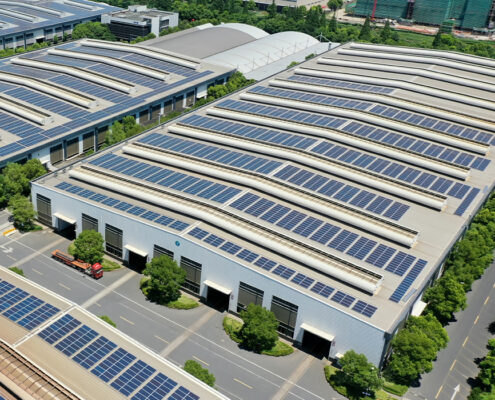 https://www.united-capital.co.uk/wp-content/uploads/2023/10/Untitled-design-42.png
700
900
fkirk86
https://www.united-capital.co.uk/wp-content/uploads/2021/03/uc_logo.png
fkirk862023-08-07 12:08:252023-10-21 12:16:30Why are investment firms focussing on environmental factors?
https://www.united-capital.co.uk/wp-content/uploads/2023/10/Untitled-design-42.png
700
900
fkirk86
https://www.united-capital.co.uk/wp-content/uploads/2021/03/uc_logo.png
fkirk862023-08-07 12:08:252023-10-21 12:16:30Why are investment firms focussing on environmental factors?Decarbonizing the existing built environment in the UK is crucial for several reasons, primarily aimed at reducing carbon emissions and mitigating the impact of climate change. Here are some key reasons why this is important:
- Reducing Greenhouse Gas Emissions: Buildings are a significant source of carbon emissions, primarily due to energy consumption for heating, cooling, and electricity. Decarbonizing buildings involves improving energy efficiency and transitioning to low-carbon energy sources, which can substantially reduce these emissions.
- Meeting Climate Targets: The UK, like many other countries, has set ambitious climate targets to reduce carbon emissions. Achieving these targets requires addressing the built environment because buildings are responsible for a substantial portion of the country’s emissions. Decarbonization is essential to meet these targets and avoid the worst consequences of climate change.
- Energy Efficiency and Cost Savings: Decarbonizing buildings often involves making them more energy-efficient. This not only reduces carbon emissions but also leads to cost savings for building owners and occupants through lower energy bills. It’s a win-win situation for both the environment and the economy.
- Health and Well-being: Building decarbonization can improve indoor air quality and overall comfort, contributing to the health and well-being of occupants. This is especially important given that people spend the majority of their time indoors.
- Job Creation and Economic Opportunities: The transition to a low-carbon built environment can create jobs in areas such as construction, renewable energy, and energy efficiency. It can also stimulate innovation and investment in sustainable technologies and practices.
- Resilience to Climate Change: By making buildings more energy-efficient and less reliant on fossil fuels, the UK’s built environment becomes more resilient to the impacts of climate change. Extreme weather events, such as heatwaves and flooding, are expected to increase, and resilient buildings are better equipped to withstand these challenges.
- International Leadership: The UK can set an example for other nations by taking proactive steps to decarbonize its built environment. Leadership in this area can influence global efforts to combat climate change and inspire other countries to follow suit.
- Long-term Sustainability: Decarbonizing the built environment is a long-term investment in sustainability. It helps ensure that future generations have access to energy-efficient, low-carbon infrastructure and reduces the need for retrofitting older buildings in the future.
- Regulatory and Policy Imperatives: The UK government has introduced policies and regulations that promote building decarbonization, such as minimum energy efficiency standards. Compliance with these regulations is necessary to avoid penalties and maintain property values.
- Environmental Benefits: In addition to reducing carbon emissions, building decarbonization can have other positive environmental impacts, such as reducing air pollution and decreasing the demand for raw materials, which can help preserve natural resources.
In summary, decarbonizing the existing built environment in the UK is essential for reducing carbon emissions, meeting climate targets, improving energy efficiency, and reaping various economic, health, and environmental benefits. It is a critical component of the country’s efforts to combat climate change and create a sustainable future.












